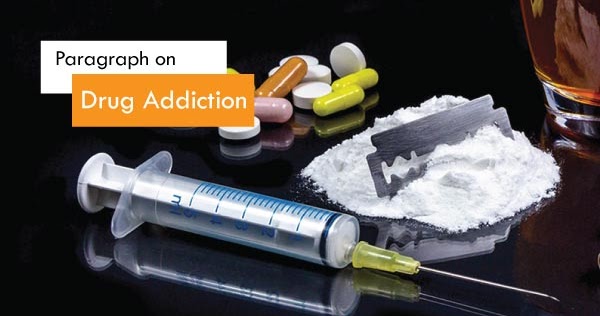
It becomes a cycle: You seek out these experiences because they reward you with good feelings.ĭrugs send massive surges of dopamine through the brain, too. When you spend time with a loved one or eat a delicious meal, your body releases a chemical called dopamine, which makes you feel pleasure. Often, these rewards come from healthy behaviors. Humans are biologically motivated to seek rewards. How might substance use disorder affect me?ĭrugs affect the brain, especially the “reward center” of the brain. The most commonly misused drugs are marijuana and prescription medications. Research has shown that about 1 in 9 Americans uses illicit drugs (about 11% of the population). Substance use disorder and alcohol use disorder are the leading causes of preventable illness and early death.

In a developing brain, drugs can cause changes that make addiction more likely. Teens are more likely to engage in risky behaviors. The parts of the brain that control judgment, decisions and self-control are not fully developed. Age: Teenagers who start taking drugs are especially at risk.For example, stress, peer pressure, physical or sexual abuse and early exposure to drugs can raise the risk. Environment: Surroundings can affect the likelihood of developing substance use disorder.Particular ethnicities are at higher risk for substance use disorder. About two-thirds of people in addiction treatment are men. Biology: The person’s genetic makeup, gender, ethnicity and mental health issues may raise his or her risk for developing an addiction.You may be more prone to drug use due to: No one thing can predict whether a person may develop an addiction. Who is at risk for substance use disorder?Īnyone can develop a substance use disorder. They may become consumed with the need to recapture that original feeling. The person with SUD starts to feel like something’s wrong if he or she isn’t under the influence of the substance. For many people, social, family and work obligations fall to the side. One may stop enjoying other aspects of life. The brain becomes desensitized to the drug so that more of the drug must be used to produce the same effect.Īs the person consumes more, drugs start to take over the person’s life. Over time, the brain is changed by drugs. People feel intoxicated after using drugs. Why do people with substance use disorder need more and more drugs over time? That is what makes these substances habit-forming, while others are not. While these drugs are very different from each other, they all strongly activate the addiction center of the brain. Tobacco/nicotine and electronic cigarettes (e-cigarettes or vaping).Sedatives, hypnotics and anxiolytics (anti-anxiety medications).Opioid pain killers such as heroin, fentanyl, oxycodone, hydrocodone, codeine and morphine.Inhalants, including solvents, aerosol sprays, gases and nitrites (poppers).Hallucinogens, including ayahuasca, D-lysergic acid diethylamide (LSD), peyote (mescaline), phencyclidine (PCP) and DMT.Stimulants, such as cocaine (including crack) and methamphetamine (meth).Club drugs, like GHB, ketamine, MDMA (ecstasy/molly), flunitrazepam (Rohypnol®).Treating addiction often requires lifelong care and therapy.

The drugs change the brain in a way that makes quitting physically and mentally difficult. People who have an addiction to drugs cannot simply quit, even if they want to. Addiction is a powerful and complex disease. Substance use disorder can be life-threatening.Īddictions are not problems of willpower or morality.

Drug addiction (also known as substance use disorder) can be defined as a progressive disease that causes people to lose control of the use of some substance despite worsening consequences of that use.


 0 kommentar(er)
0 kommentar(er)
